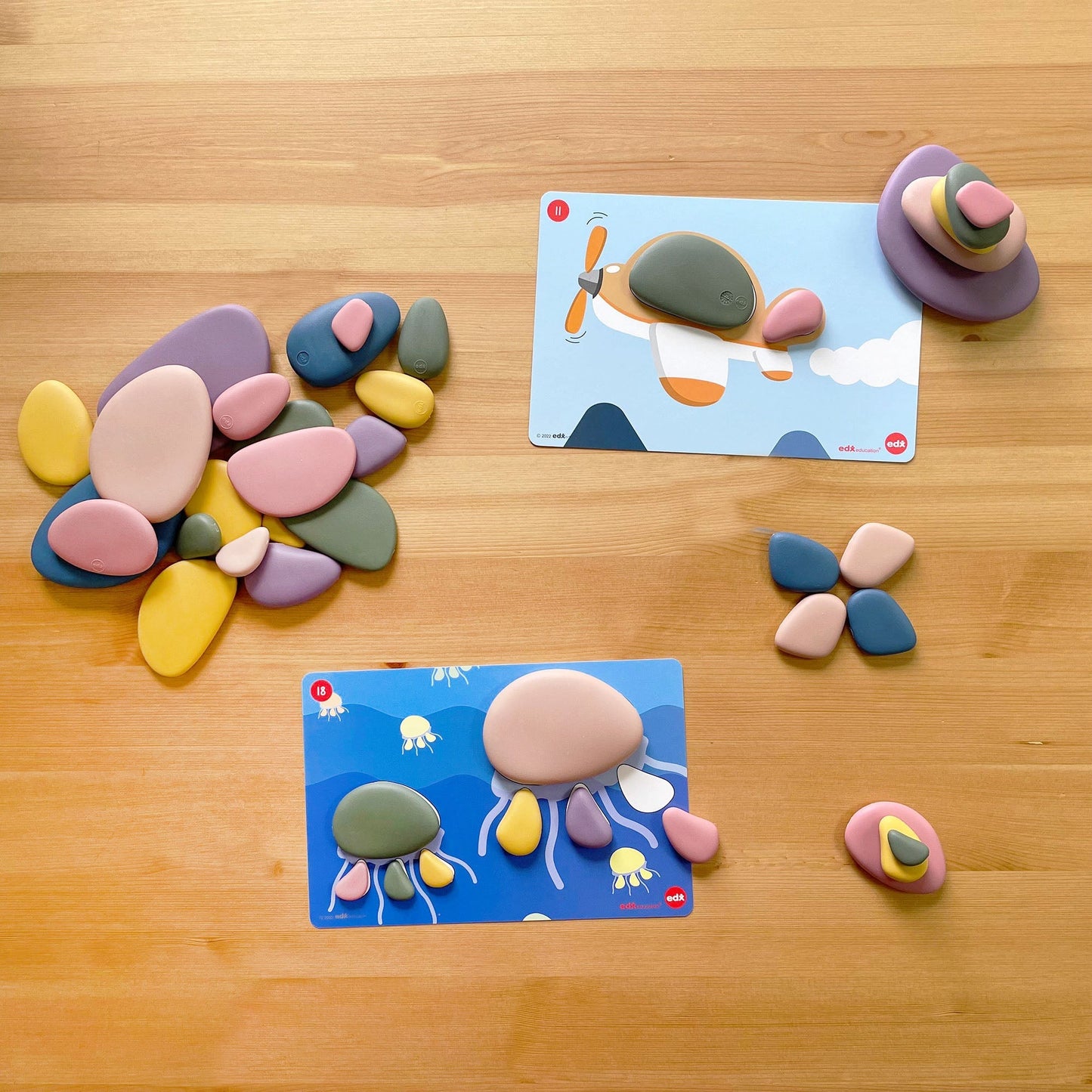
Every child sees the world in their own way. For children with Autism Spectrum Disorder (ASD) and other neurodivergent profiles, that world can feel wonderfully rich but also full of unique challenges. In our latest episode of Play, Learn & Create with Edx Education, we explore how play bridges communication, confidence, and connection, helping children express themselves and build meaningful relationships without pressure or judgment.
As Heather Welch shares in this heartwarming discussion, play is more than just fun it’s a universal language. For children who may find traditional communication difficult, play offers a powerful way to connect through action, pattern, and imagination. Whether it’s stacking, sorting, pouring, or pretending, every playful moment can build understanding and belonging.
Play as a Second Language
Children with autism often communicate in ways that don’t rely on words. Through play, they can express ideas, emotions, and interests freely. It becomes a second language visual, tactile, and emotional all at once.
In the podcast, Heather describes how play offers a safe space for self-expression, allowing children to engage at their own pace. For some, this might be the repetitive motion of pouring water or aligning objects; for others, it’s the creativity of building patterns with Rainbow Pebbles®.
When adults join in without trying to lead or correct they show respect for the child’s communication style. As Heather says, “When we follow a child’s lead in play, we’re telling them: I see you. I understand you. You belong.”
The Power of Sensory Play
Sensory play is particularly valuable for neurodivergent children. It helps them regulate emotions, build focus, and feel grounded in their environment. In this episode, Heather shares practical ideas using Edx Education’s Sand & Water Trays simple, flexible resources that can be filled with materials like coloured rice, water, or sand for endless exploration.
Pouring, scooping, and sifting can calm an overwhelmed child, offering a soothing rhythm that helps them reset. These quiet, repetitive actions are more than play they’re moments of emotional regulation and confidence building.
Heather reminds listeners that sensory activities don’t need to be complicated. A small tray, a few natural materials, and an open mind are often all you need to create a world of calm.
Building Confidence and Emotional Skills
Through play, children learn to manage big feelings, make decisions, and recover from frustration. A tower of blocks that falls isn’t a failure it’s an opportunity for persistence and problem solving.
For neurodivergent children, structured yet flexible play can support emotional regulation, helping them recognise their feelings and respond in positive ways. Playtime becomes a place where mistakes are safe and successes no matter how small are celebrated.
Creating Inclusive Spaces
In both home and classroom settings, small changes can make a big difference in supporting inclusion. Heather encourages parents and educators to:
- Create a calm corner – a predictable, low-sensory space where children can retreat and self-regulate.
- Use visual prompts – picture cards or “first… then…” boards help children understand routines.
- Follow the child’s interests – whether that’s trains, colours, or animals, interest-based play fosters motivation and joy.
- Celebrate differences – every child brings a unique way of thinking, playing, and learning.
Inclusivity begins with understanding. When we approach play with empathy and flexibility, we open doors to connection that go far beyond words.
A Call to Celebrate Neurodiversity
As Heather beautifully says in the episode, “Play isn’t just a bridge it’s the meeting point between minds, voices, and hearts.”
By embracing play based learning, we help children with autism and other neurodivergent traits to thrive socially, emotionally, and cognitively. These are not children who need to be “fixed” but children who need to be understood, supported, and celebrated.
At Edx Education, we believe every child deserves the opportunity to play, learn, and create in their own way. Through open ended toys like Rainbow Pebbles® and Sand & Water Trays, as well as our free downloadable resources, we aim to empower families and educators to build inclusive environments where all children can shine.
Listen & Learn More
Tune into the full episode of Play Bridges Minds, Voices & Hearts on the Play, Learn & Create with Edx Education podcast available on Spotify, Apple Podcasts, and all major platforms. You’ll find practical tips, laughter, and heartfelt advice to support neurodivergent children through the joy of play.
Because when we play together, we build understanding and that’s where every great connection begins.
By Heather Welch, General Manager, Edx Education UK & Author of Happy Children Play

